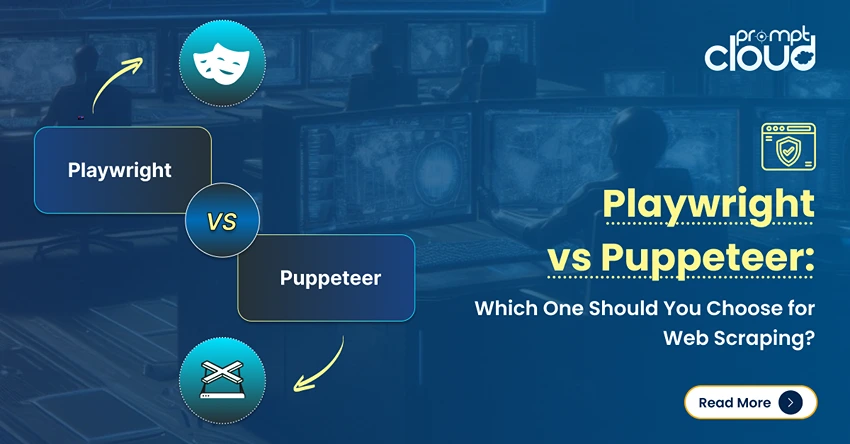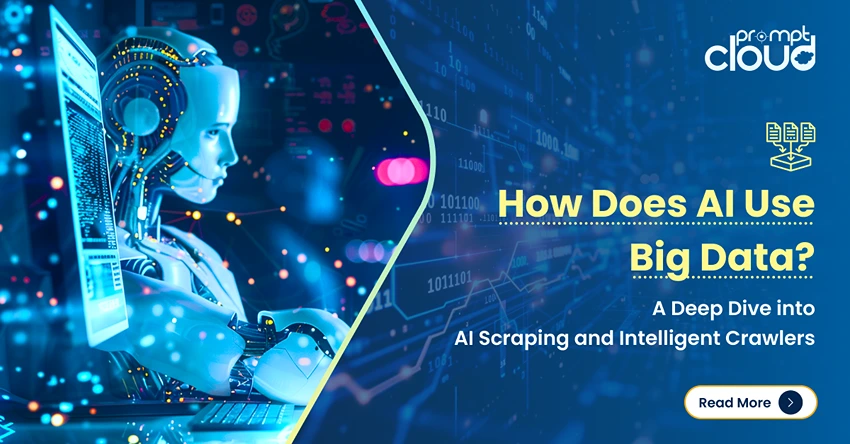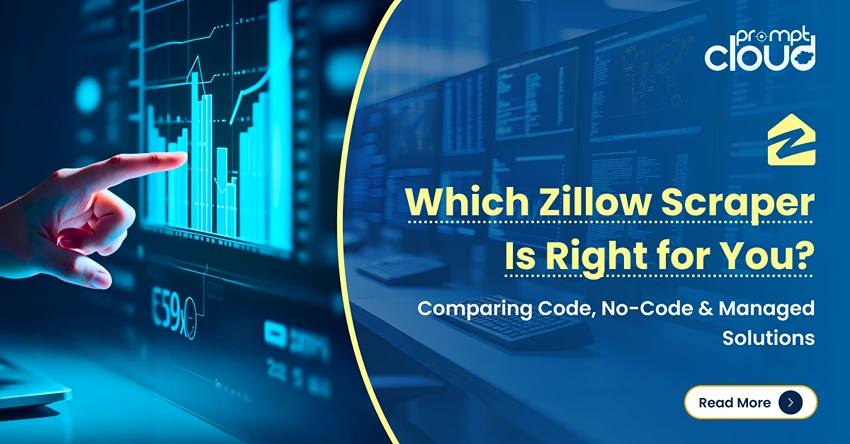
As information technology flourished and businesses started dealing with massive amounts of data, the need for a dedicated job to manage this data became essential. With exponential growth in quantity of data, the challenges associated with data gathering, storing, and managing became equally complex. It was expensive and frustrating to capture, extract, store and access the data. The next set of challenges came in the form of building a robust infrastructure to handle data and producing insights. This is how the role of Chief Data Officer emerged.
The need for CDO
In today’s business scene, it is strange for a business to not depend on data in a significant way. Gartner predicted that about 90 percent of the companies would have a chief data officer by 2019. According to a report by Forrester, 45 percent of global businesses already have one and another 16 percent are planning to hire a CDO by end of next year. These trends and predictions highlight the importance of having a dedicated expert to handle the rise of data-backed business.
In fact, the title is not novel at all: Yahoo appointed a chief data officer back in 2004. However, it’s only recently that the title started garnering attention from businesses from all around the globe. In simple terms, the chief data officer is responsible for the company’s data-management activities, while being keen on the data acquisition, quality and strategy.
The role of the CDO was initially more oriented towards activities like capturing, storing and managing the growing data in organizations. In a sense, it was more about managing the data than using it. But, with improvements in the big data landscape and adoption of data science, things are changing.
Big data
Big data is not just growing in size, the methods of processing, analyzing and deriving insights from it are changing too. Businesses now use data in more ways than before. This includes business intelligence, customer sentiment analysis, office space optimization and even energy data utilization. Now that most businesses are deep-rooted on the web, the availability of web data powered by web scraping technologies has also worked in the favor of organizations using web data for their business. Big data is constantly evolving from a mere business intelligence tool to a much-needed fuel for organizational growth. We now have businesses that function solely on data and it’s safe to say that any business can utilize the power of data to perform better.
The evolution of Chief Data Officer
The role of chief data officer has gone through a rapid evolution in the last decade. Apart from merely managing the data infrastructure and handling the related operations, organizations now have high expectations from this job position.
While in the past, being a CDO was more about acting as the guardian of data who has to take care of the compliance policies and associated risks, it has evolved into a much more value focused role now. CDOs should now be able to generate revenue by influencing business decisions. This evolution of CDOs is correlated with the evolution of big data itself. With the concepts of Data Science gaining more popularity by each passing day, businesses are looking for someone who can leverage the power of data as business intelligence tool. Having someone who can come up with strategies to ensure the growth of the business using high-quality data is what drives organizations towards chief data officers now.
Earlier CDOs were completely technology oriented. The basic requirement was the ability to decide what data should be exploited, what data is worth keeping and what must be discarded? Obviously, the CDOs were also required to have the skills to set up an infrastructure that can house and exploit the data that’s worth keeping. Later on, the evolution took CDOs to a new stage. At this point, chief data officers took the role of a process-oriented manager. They took care of data process streamlining as an important function of their job. Now, this demanded both technical acumen and process management skills. However, strategic planning and business know-how we’re still not a part of the expected skill set in CDOs.
The new generation Chief Data Officer
It was only in the recent years that the new generation CDO has taken over. The all new CDO has one more expertise in addition to the business process acumen and technical skills – Data Science. CDOs now should be able to think both abstractly and quantitatively to identify and extract value out of the data. This is leading to higher efficiencies, better insights, and new revenue streams.
There are three states in which data resides – physical state in databases inside electronic storage mechanisms, logical state when it assumes the form of schematics of the data eco-system and the third state is when it resides in the mind of the person handling the data as a concept. This is called the conceptual state and it is an integral part of data management in organizations. The regular interactions with the data sets is necessary for the formation of this conceptual state of data. The new generation CDO should be able to manage data in the above three states.
It’s obvious that the combination of IT, business process and data science skills would drastically narrow down the pool of applicants for the role of chief data officer. However, organizations are optimistic about the positive results that such a combination can bring about. It also makes sense to have a dedicated technical team to assist the CDO. This will free up more time for the person to think more strategically and creatively to further utilize the data. This way, the new generation CDO will be able to solve more business problems and deliver the right insights and value from the data while directly impacting the growth of the organization.
With this unique skill set and data-driven approach to problem solving, a smart CDO can significantly improve the customer experience, which simply translates into rapid growth for the organization. By using real-time data collected from the website/app, it’s possible to identify the preferences and needs of a customer and come up with personalized recommendations for him/her. The recommendation engines of companies like Spotify and Amazon are great examples of the above said personalization. A smart CDO can use his/her creativity to come up with even better ideas with the data at hand.
Examples of value based implementation of big data
Recommendation algorithm
Recommendation engines are built using the data points collected from users like browsing history, purchase history, subscriptions, likes and dislikes, etc. By implementing this, customer experience and engagement can be boosted simultaneously. Amazon and Netflix are known to have great recommendation engines that their customers love.
Demand forecasting
Demand forecasting using big data can lead to a higher business efficiency. By analyzing the sales data from past years, it’s possible to accurately predict the demand for a given period of time in the future. This supports growth and prevents revenue leakage.
Lead prioritization
By blending big data with machine learning, companies have developed systems to prioritize leads based on various data points. This helps them understand the likelihood of a lead’s closing, revenue impact and retention rate starting from the first point of contact.
Bottom line
The CDO should also be someone who is well versed in the business language to communicate outside the world of databases and servers. The business folks must be convinced about the bottom line of data-centric processes to justify their budget for data projects. Simply put, the new generation CDO will have their own profit-and-loss of accountability. By hiring the right candidate for the role of CDO, organizations can see a substantial improvement in their bottom-line results.


















